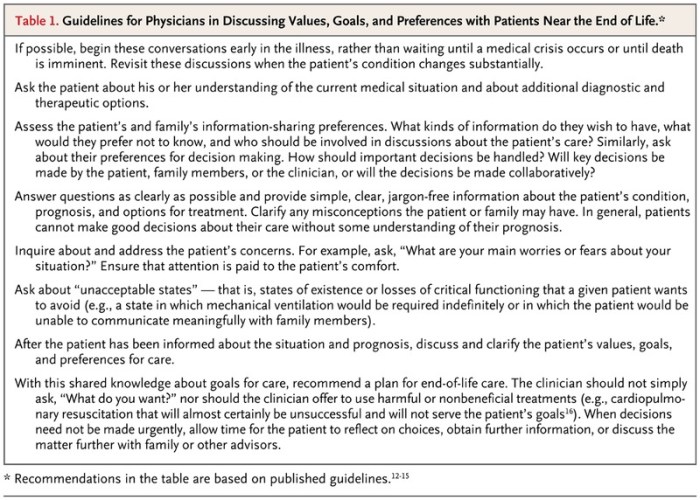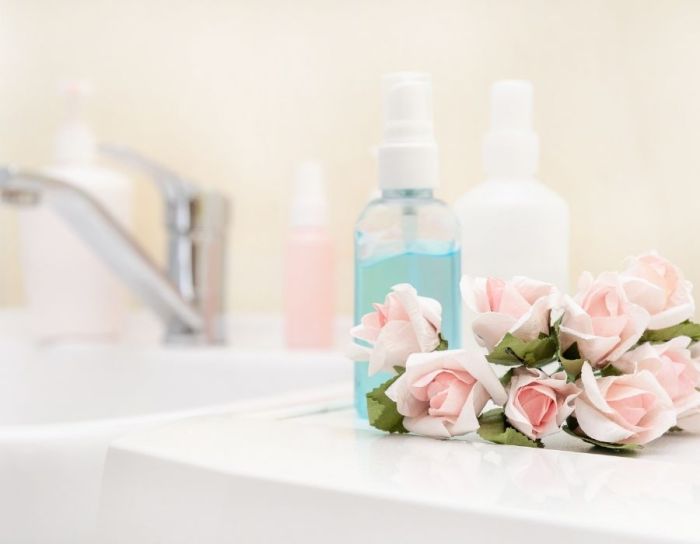Embark on a journey of self-discovery with our Basic Care and Comfort Quiz, meticulously crafted to assess your understanding of essential practices that enhance well-being. Delve into the realm of hygiene, nutrition, physical comfort, emotional support, cognitive stimulation, and end-of-life care, gaining valuable insights into the intricacies of providing optimal care.
Introduction
Basic care and comfort are essential for the well-being of individuals. They encompass a range of practices that contribute to physical, emotional, and social health.
This quiz aims to assess your knowledge and understanding of basic care and comfort. By completing it, you can identify areas where you may need to enhance your skills and contribute to the overall well-being of individuals.
Importance of Basic Care and Comfort
Basic care and comfort measures promote hygiene, prevent infections, manage pain, and provide emotional support. They help individuals maintain their dignity, independence, and quality of life.
Hygiene and Grooming

Maintaining personal hygiene and grooming is crucial for overall health and well-being. It involves practices that keep our bodies clean, healthy, and presentable. Proper hygiene helps prevent the spread of germs, reduces the risk of infections, and promotes a sense of well-being.
Similarly, grooming practices enhance our appearance, boost self-confidence, and reflect a positive self-image.
Good Hygiene Practices
Regular bathing is essential for removing dirt, sweat, and bacteria from the skin. Brushing teeth twice a day helps prevent tooth decay and gum disease. Washing hands frequently, especially before eating, after using the restroom, or handling raw meat, helps prevent the spread of germs.
Proper Grooming
Proper grooming includes caring for hair, nails, and skin. Regular hair washing and brushing keeps hair healthy and free from dirt and dandruff. Keeping nails clean and trimmed prevents the accumulation of dirt and bacteria. Skin care involves cleansing, moisturizing, and protecting the skin from sun damage.
Nutrition and Hydration

Nutrition plays a pivotal role in maintaining good health and well-being. It provides the essential nutrients that our bodies need to function properly, including energy, building blocks for growth and repair, and regulatory substances for various bodily processes.A balanced diet is key to ensuring optimal nutrition.
It should include a variety of foods from all food groups, including fruits, vegetables, whole grains, lean protein, and healthy fats. Fruits and vegetables provide vitamins, minerals, and antioxidants, while whole grains offer fiber and complex carbohydrates. Lean protein sources, such as fish, poultry, and beans, help build and repair tissues, and healthy fats from sources like olive oil and avocados support hormone production and brain function.Adequate
hydration is equally crucial for overall health. Water is essential for numerous bodily functions, including regulating body temperature, transporting nutrients, and removing waste products. Dehydration occurs when fluid intake is insufficient to meet the body’s needs, leading to symptoms such as fatigue, headache, dizziness, and decreased cognitive function.
Severe dehydration can have serious consequences, including organ damage and even death.
To ensure the well-being of your loved ones, it’s essential to have a solid understanding of basic care and comfort. This quiz can help you assess your knowledge and identify areas where you can improve. If you’re looking to enhance your Spanish language skills, you can also check out our Spanish fill in the blank exercise.
By combining both knowledge and language proficiency, you can provide the best possible care and comfort to those who need it most.
Physical Comfort and Safety: Basic Care And Comfort Quiz

Maintaining physical comfort and safety is crucial for overall well-being. Proper posture, temperature regulation, and adequate sleep promote physical comfort. A safe and comfortable environment, including fall prevention measures, is essential for well-being.
Strategies to Enhance Physical Comfort and Safety
- Proper Posture:Maintain good posture while sitting, standing, or lying down. Use ergonomic chairs, lumbar support pillows, and footrests for prolonged sitting.
- Temperature Regulation:Dress appropriately for the weather, use fans or air conditioners to regulate indoor temperature, and take warm baths or use heating pads for warmth.
- Adequate Sleep:Aim for 7-9 hours of quality sleep each night. Establish a regular sleep-wake cycle, create a conducive sleep environment, and practice relaxation techniques before bed.
- Fall Prevention:Install grab bars in bathrooms, use non-slip mats in showers, remove tripping hazards, and improve lighting in hallways and stairwells.
- Other Comfort Measures:Use soft blankets and pillows, adjust lighting to avoid glare, and maintain a clean and organized environment to promote relaxation and well-being.
Emotional and Social Support
Emotional and social support play a pivotal role in maintaining overall well-being. Positive relationships with family, friends, and the community provide a sense of belonging, purpose, and security. They offer emotional sustenance, reduce stress, and promote mental and physical health.
Building and Maintaining Positive Relationships
Building and maintaining positive relationships is crucial for emotional well-being. It involves actively engaging with others, showing empathy, expressing gratitude, and being there for those in need. Healthy relationships are based on trust, respect, and mutual support.
Communication, Empathy, and Active Listening
Effective communication, empathy, and active listening are essential in providing emotional support. Open and honest communication allows individuals to express their feelings and needs. Empathy enables one to understand and share the emotions of others. Active listening involves paying undivided attention, reflecting back what has been said, and asking clarifying questions to demonstrate understanding and support.
Cognitive Stimulation and Activities of Daily Living (ADLs)

Cognitive stimulation is crucial for preserving mental well-being and preventing cognitive decline. Engaging in meaningful activities and hobbies can enhance cognitive function, boost mood, and improve overall quality of life.
Activities that Promote Cognitive Stimulation
Activities that challenge the mind, such as reading, puzzles, games, and learning new skills, help maintain cognitive health. Regular participation in these activities can improve memory, attention, and problem-solving abilities.
Benefits of Meaningful Activities and Hobbies
Engaging in meaningful activities and hobbies provides numerous benefits. These activities can:
- Enhance cognitive function and reduce the risk of cognitive decline
- Provide a sense of purpose and fulfillment
- Promote social interaction and reduce isolation
- Increase self-esteem and confidence
- Improve overall mood and well-being
Examples of Activities that Enhance ADLs
Activities that promote cognitive stimulation and enhance ADLs include:
- Reading:Reading books, newspapers, or magazines stimulates the brain and improves memory and comprehension.
- Puzzles:Solving puzzles, such as crosswords, Sudoku, or jigsaw puzzles, enhances problem-solving skills and attention.
- Games:Playing board games, card games, or video games can stimulate cognitive function and provide social interaction.
- Learning new skills:Taking classes or workshops in areas such as painting, music, or cooking can challenge the mind and improve cognitive abilities.
- Volunteering:Engaging in volunteer work can provide cognitive stimulation, promote social interaction, and give a sense of purpose.
End of Life Care

Providing compassionate and dignified care at the end of life is paramount, ensuring the individual’s comfort, well-being, and respect for their wishes. Palliative care plays a vital role in managing pain, alleviating symptoms, and providing emotional support. It focuses on improving the quality of life for those facing life-limiting illnesses.
Palliative Care and Pain Management
Palliative care involves a holistic approach that addresses the physical, emotional, social, and spiritual needs of the individual and their family. Pain management is a crucial aspect, employing a range of pharmacological and non-pharmacological interventions. Medications such as opioids, non-steroidal anti-inflammatory drugs (NSAIDs), and nerve blocks are commonly used to relieve pain.
Non-pharmacological techniques include massage, acupuncture, heat or cold therapy, and relaxation exercises.
Role of Family and Friends, Basic care and comfort quiz
Family and friends play an invaluable role in providing support during end-of-life care. They offer emotional comfort, practical assistance with daily tasks, and advocacy for the individual’s wishes. Encouraging open communication and providing a supportive environment can significantly enhance the individual’s well-being and quality of life.
Query Resolution
What are the key aspects of personal hygiene?
Regular bathing, brushing teeth, washing hands, and proper grooming ensure cleanliness and prevent infections.
Why is nutrition essential for well-being?
A balanced diet provides the body with essential nutrients for optimal functioning, reducing the risk of chronic diseases.
How can I improve my physical comfort?
Maintain good posture, regulate temperature, get adequate sleep, and create a safe environment to enhance physical well-being.